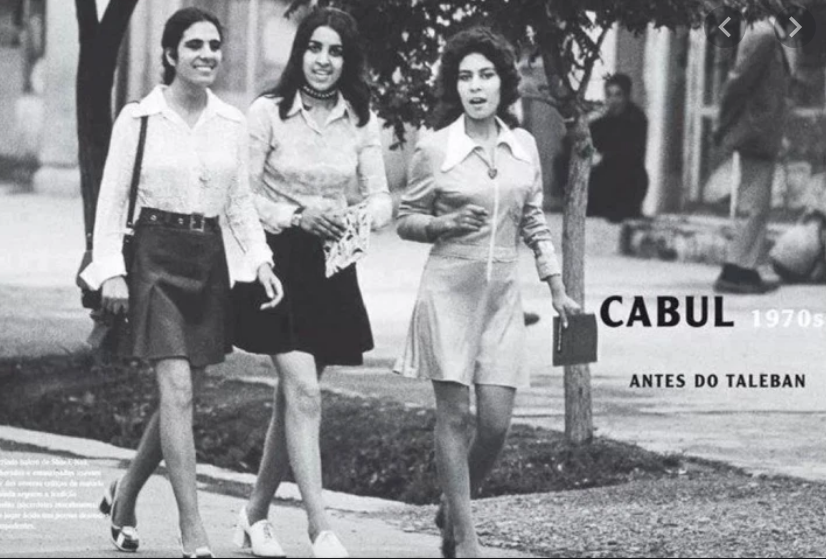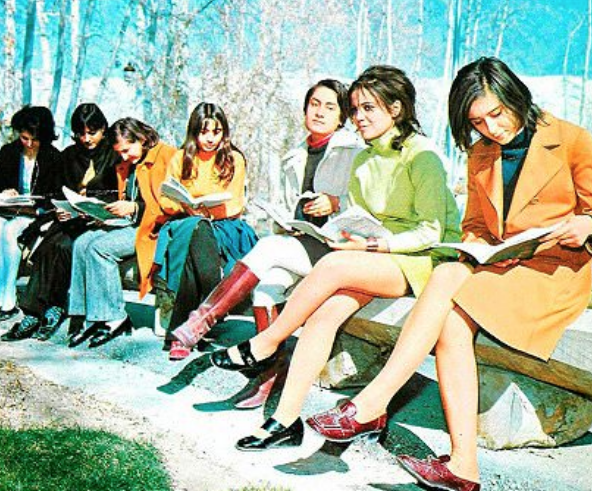In 1973, I became an adult (age 18), able to legally drink alcohol and vote in elections. It was an eventful year. The military draft was ended and a peace treaty was signed with Vietnam. Five days before the draft was abolished, abortion was made legal with the support of the religious right:
When Roe was first decided, most of the Southern evangelicals who today make up the backbone of the anti-abortion movement believed that abortion was a deeply personal issue in which government shouldn’t play a role. Some were hesitant to take a position on abortion because they saw it as a “Catholic issue,” and worried about the influence of Catholic teachings on American religious observance.
Shortly after the decision was handed down, The Baptist Press, a wire service run by the Southern Baptist Convention — the biggest Evangelical organization in the US — ran an op-ed praising the ruling. “Religious liberty, human equality and justice are advanced by the Supreme Court abortion decision,” read the January 31, 1973, piece by W. Barry Garrett, The Baptist Press’s Washington bureau chief.
“Religious bodies and religious persons can continue to teach their own particular views to their constituents with all the vigor they desire. People whose conscience forbids abortion are not compelled by law to have abortions. They are free to practice their religion according to the tenets of their personal or corporate faith.
The reverse is also now true since the Supreme Court decision. Those whose conscience or religious convictions are not violated by abortion may not now be forbidden by a religious law to obtain an abortion if they so choose.”
Garrett reassured his readers that the decision had been made not by “a Warren type or ‘liberal’ Supreme Court,” but “a ‘strict constructionist’ court, most of whose members have been appointed by President Nixon.”
In the Middle East, young ladies wore miniskirts:


It was a glorious time to be alive. Progress seemed inevitable, as liberalism was on the march all over the world. And then the right struck back . . .
And look at where we are now.
You can think of post-1970s changes are reflecting “religion”, but that’s a pretty vacuous concept. Cultures change, and religion just goes along for the ride.
In 1973, the US supported Israel in its war with Egypt. In retaliation, OPEC jacked up oil prices 4-fold. The flood of revenue (indirectly) supercharged terrorism (and nuclear ambitions), and made Iraq and Iran into rogue states. That led to the first Gulf War, and then 9/11, and then the second Iraq War. Terrorism and war led to refugees from the Middle East, and fueled suspicion of Muslim immigrants in America and Europe and Muslim residents in India and China. That led to Trump, Orban, Le Pen, Salvini, Brexit, etc. And the anti-Muslim atrocities in India and China.
I’m not anti-Israel, but maybe we should have just stayed out of the Middle East. Or maybe (probably?) that would have made no difference.
PS. Read Colin Thubron’s account of traveling through Lebanon on foot in 1967. And then weep for what we’ve lost.
PPS. Or you can read about China in 1973, and think about how much better things are today, “despite” the fact that China is more religious today than in 1973. But then 1973 in China is a really low bar.